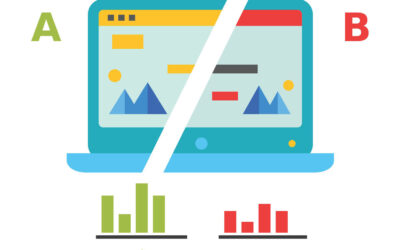Big country, small country
Look at the following graphic of the number of Coronavirus fatalities through time in various countries. It's live, so the version you see is...
Testing times
As referred to in an earliest post, it's been understood from the start of the epidemic that testing for Coronavirus is crucial for limiting its...
Prior infection
In an earlier post I referred to an Austrian study in which a random sample of the inhabitants of a region had been tested for the...
A/B test
In an earlier post I showed how a comparison of two different, though similar, provinces of Italy which had adopted different approaches to...
Coronavirus statistics
I was thinking of writing a post giving a kind of glossary of various statistical terms and tools that are relevant for interpreting reports...
Relative risk
One issue that's constantly pushed by the media about the effects of COVID-19 is that it's much more deadly for older people than for younger...
Random sampling
A recurrent theme in the COVID-19 posts to this blog is the difficulty in interpreting data and analyses due to the way data are collected....
Why what we think we know is wrong
A recent Guardian article explained why many of the data that are reported about the spread of Coronavirus are bound to be wrong. As...
Seasonal effects
There's been plenty of speculation (here, here, here,...) that the novel Coronavirus might be seasonal, meaning that transmission rates will...
Risky talk
In a previous post I referenced a book by the eminent statistician David Spiegelhalter. Since earlier this year, Davis has also been producing a...
Scales
The graph above is the latest (as of 5th April) update from the FT showing a 7-day rolling average of the number of new COVID-19 confirmed cases...
A changing world
In an earlier post, I discussed the 'stringency index', which has recently been developed as a way of measuring how severe - stringent - a...

